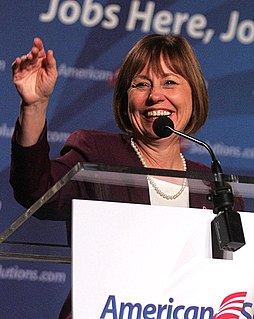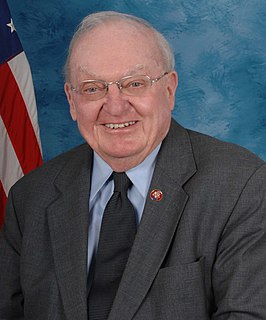A Quote by Dominic Cummings
Brexit cannot be done with the traditional Westminster/Whitehall system as Vote Leave warned repeatedly before 23 June 2016.
Quote Topics
Related Quotes
The money that is spent in elections is absolutely unconscionable - even if it's private money. It's true that one's not corrupted by the expenditure of one's own money, but to some extent the system is. We cannot have a system in which the only people you can count on for a vote that doesn't look as though it might be a vote for a special-interest group are people with enormous fortunes.































